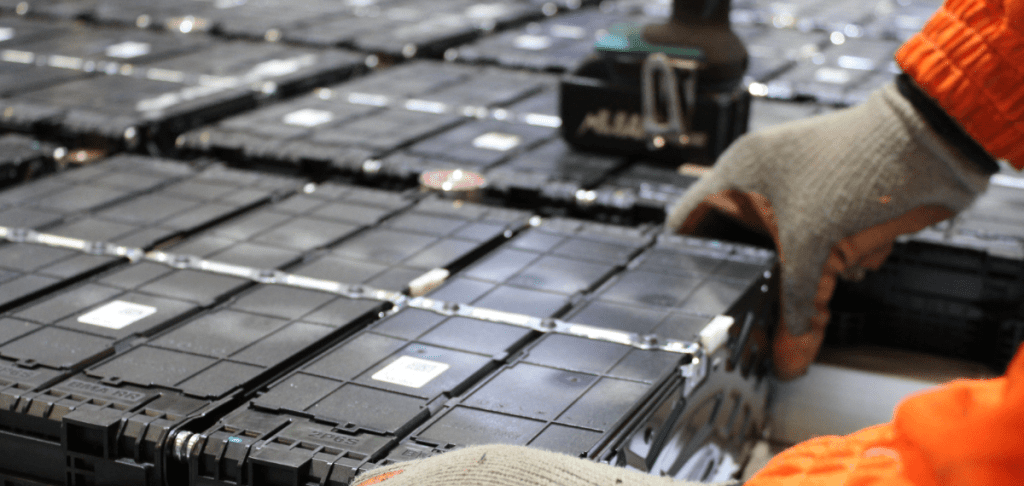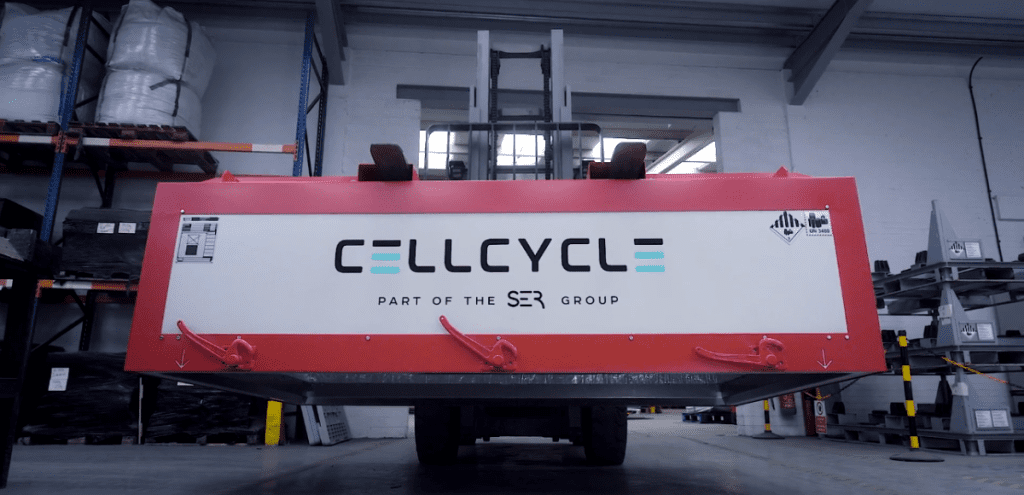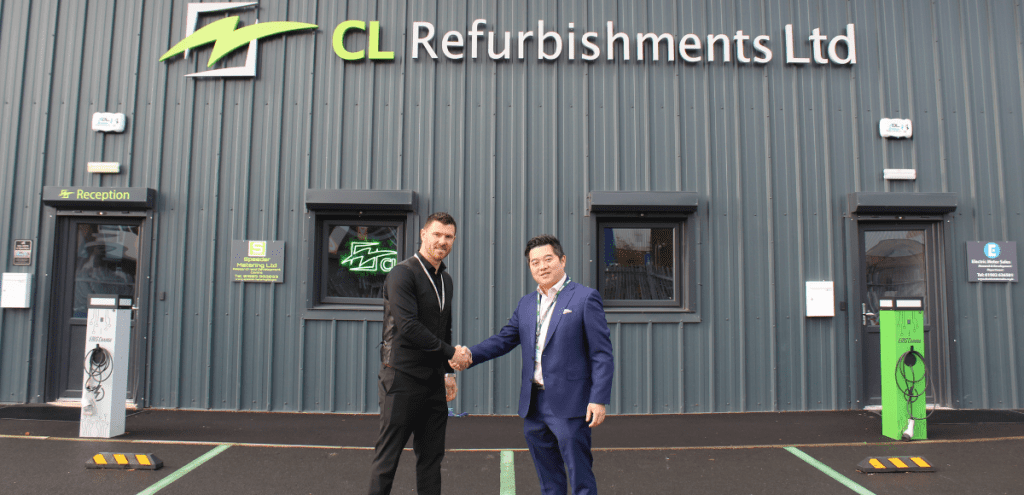As the demand for lithium-ion batteries continues to surge—powering everything from smartphones to electric vehicles—the issue of lithium-ion battery disposal has become increasingly critical. At Cellcycle, we are committed to not only addressing the environmental concerns associated with improper disposal but also unlocking significant economic benefits through our comprehensive lithium battery recycling process.
Reducing Environmental Costs Through Recycling
Improper disposal of lithium-ion batteries poses severe environmental risks. When these batteries end up in landfills, they can leach toxic chemicals into the soil and groundwater. According to the International Energy Agency, the global stockpile of spent lithium-ion batteries is expected to reach 11 million metric tons by 2030. This not only harms the environment but also represents a lost economic opportunity.
By recycling lithium-ion batteries, we recover valuable materials like cobalt, nickel, and lithium, reducing the need for new mining operations. The Ellen MacArthur Foundation highlights that recycling can significantly decrease the environmental footprint of battery production. This conservation of natural resources also mitigates the environmental costs associated with mining, such as habitat destruction and carbon emissions.
Creating Economic Value Through Material Recovery
At Cellcycle, our advanced recycling technology enables us to extract high-quality materials from used batteries efficiently. These recovered materials can be reintroduced into the supply chain, creating a circular economy that benefits everyone involved. A report by Grand View Research estimates that the global lithium-ion battery recycling market will reach $12.2 billion by 2025.
By tapping into this market, we contribute to economic growth while providing manufacturers with a sustainable source of raw materials. This not only reduces production costs for battery manufacturers but also stabilises supply chains often disrupted by geopolitical factors affecting raw material availability.
Job Creation and Economic Stimulus
The recycling industry is a significant contributor to job creation. The Institute for Local Self-Reliance notes that recycling creates significantly more jobs than waste disposal methods like landfilling and incineration. At Cellcycle, we are proud to be part of this economic engine. Our operations require skilled workers in various fields—from engineering to logistics—contributing to local economies and providing stable employment opportunities.
Reducing Dependence on Foreign Resources
Lithium and cobalt are critical components of lithium-ion batteries, with a significant portion sourced from foreign countries. By recycling batteries domestically, we reduce dependence on imported materials. The U.S. Department of Energy emphasizes that increased recycling efforts can enhance national security by ensuring a steady, local supply of critical materials.
At Cellcycle, we are committed to strengthening domestic supply chains. Our recycling process ensures that valuable materials remain within the country, supporting local industries and reducing risks associated with international trade uncertainties.
Cost Savings for Businesses and Consumers
Proper lithium-ion battery disposal through recycling can lead to significant cost savings for businesses and consumers alike. For companies, recycling reduces waste management costs and potential liabilities associated with improper disposal. Environmental regulations often impose fines for non-compliance, so adhering to proper disposal methods is both ethically and financially prudent.
Consumers also benefit from recycling programs. Many manufacturers offer discounts or incentives for returning used batteries, reducing the overall cost of purchasing new devices. By facilitating these programs, Cellcycle helps make sustainable practices economically attractive.
Innovation and Technological Advancement
The economic benefits of recycling extend to fostering innovation. Recycling technologies are constantly evolving, leading to more efficient and cost-effective methods. According to a study published in Nature, advancements in recycling technology can reduce the cost of battery production by up to 20%.
At Cellcycle, we invest in research and development to continually improve our recycling processes. This not only enhances our competitiveness but also contributes to the broader advancement of recycling technologies.
Conclusion: A Collective Effort for Economic and Environmental Prosperity
The challenges of lithium-ion battery disposal present an opportunity to generate significant economic benefits while protecting the environment. At Cellcycle, we are at the forefront of this effort, transforming waste into valuable resources and contributing to a sustainable economy.
By choosing to recycle with Cellcycle, businesses and consumers play a crucial role in this positive cycle. Together, we can reduce environmental impacts, create jobs, stabilize supply chains, and foster innovation—all while addressing the pressing issue of lithium-ion battery disposal.


